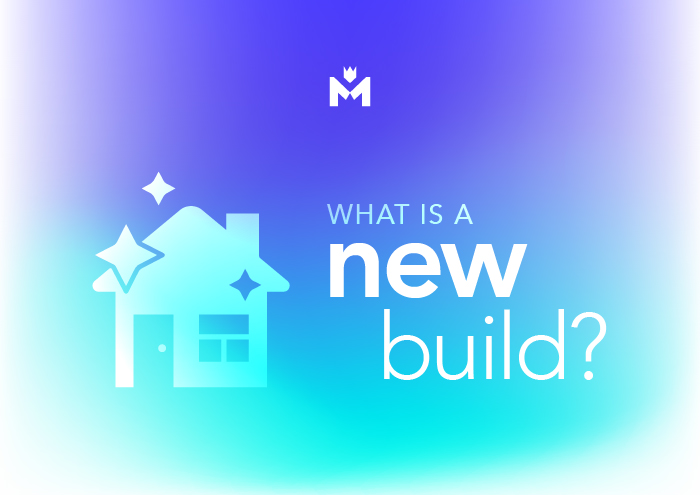What is a new build?
By definition in New Zealand, a new build is a property that is being built or has been built and the title has been issued within 6 months of completion. So if you have a property that has been finished today, it will be classed as a new build until the six-month period is over. These titles help the bank figure out how much deposit you need and can afford to pay, so these titles are handy.
New builds in New Zealand can be anything, from residential lots like townhouses, apartments or free standing homes which can be off the plans or fixed-price contracts. Knowing the differences between property titles is exceptionally helpful at figuring out how much you can borrow.
Are new builds cheaper?
The ultimate cost of a new build will depend on a number of factors, from site size, materials, geographical area, how many houses in the development and even the developer.
More than likely you will get a new build that is on a far smaller site or piece of land which creates the margin for a developer but the actual floor area for the home may be large. A lot of this will ultimately depend on the developer and construction company to ensure the deadline and budget is hit. Prices have gone up dramatically across New Zealand for buying existing homes that have good size land therefore new homes builds have become popular.
How much deposit do you need for a new build?
Deposits are a little tricky because they all depend on a number of factors. It can come down to your debt servicing ability, credit score, account conduct, and if you have an appetite for debt that’s considered outside debt, for example, unpaid credit.
Luckily, some first home buyers with strong incomes would be able to get a 90% loan, or a 10% deposit, also known as low deposit lending. As for the investment property market, the Reserve Bank of New Zealand (RBNZ) has made new builds exempt for investors. This would allow an 80% loan on a 20% deposit. The move made by the RBNZ has been to encourage more homes being built with the shortage of housing we currently have.
What are the benefits of a new build?
New builds are now a regular part of the Kiwi housing market and have appeared to accommodate the growth happening across the country. The ultimate benefits are that it’s a new home, with newer fixtures and fittings, as well as a 10-year master build guarantee. But what does this all mean, what are the details of buying a new home?
For starters, you may only need a 10% deposit for a new build, rather than the traditionally imposed 20% deposit. Median prices across the country have shot up, almost doubling in value year on year, giving a first home buyer a huge advantage. These new builds will also be fitted out with the latest and greatest fittings, fixtures, and materials, meaning you won’t be inheriting a legacy leaky second-hand home. These homes will have to be equipped to deal with the latest standards imposed for building and by the government and may even take part in sustainable building. If you are looking for an investment property in a new build, this new home could attract great tenants too.
A new build is becoming an affordable and very attractive offering for many first home buyers.
What are the negatives of buying a new build?
There are some negative connotations around new builds, as some people can think they’re cheap and nasty. Based on some previous poor developments, that is an understandable thought! However, a new build is focused on creating margins, so the developer will need to focus on creating margins: building in bulk and buying in bulk. This means that the developer won’t make as much as they would on one home vs. five homes. New builds can also sometimes be risky, as it can take from six months to sixteen months to finish building.
The next downside would be the houses are designed in bulk, meaning there are little changes between each home. This can result in the homes lacking in that quirk or personality that is sometimes found in the old houses.
The final downside is that to be in a new-build plan, it is likely you will be out of the city centre in order to accommodate the land space necessary for the builds. The existing houses already have the prime real estate closer inward, so you may need to be prepared to sacrifice some mileage for a house.
Getting into a new build is a great option if this is specifically what you are looking for. Stay tuned for our next blogs as we discuss construction loans, the different types of new builds, or fixed price builds.
If you are in the market for a new build, get in touch with one of our team and we can help you get into this property!




